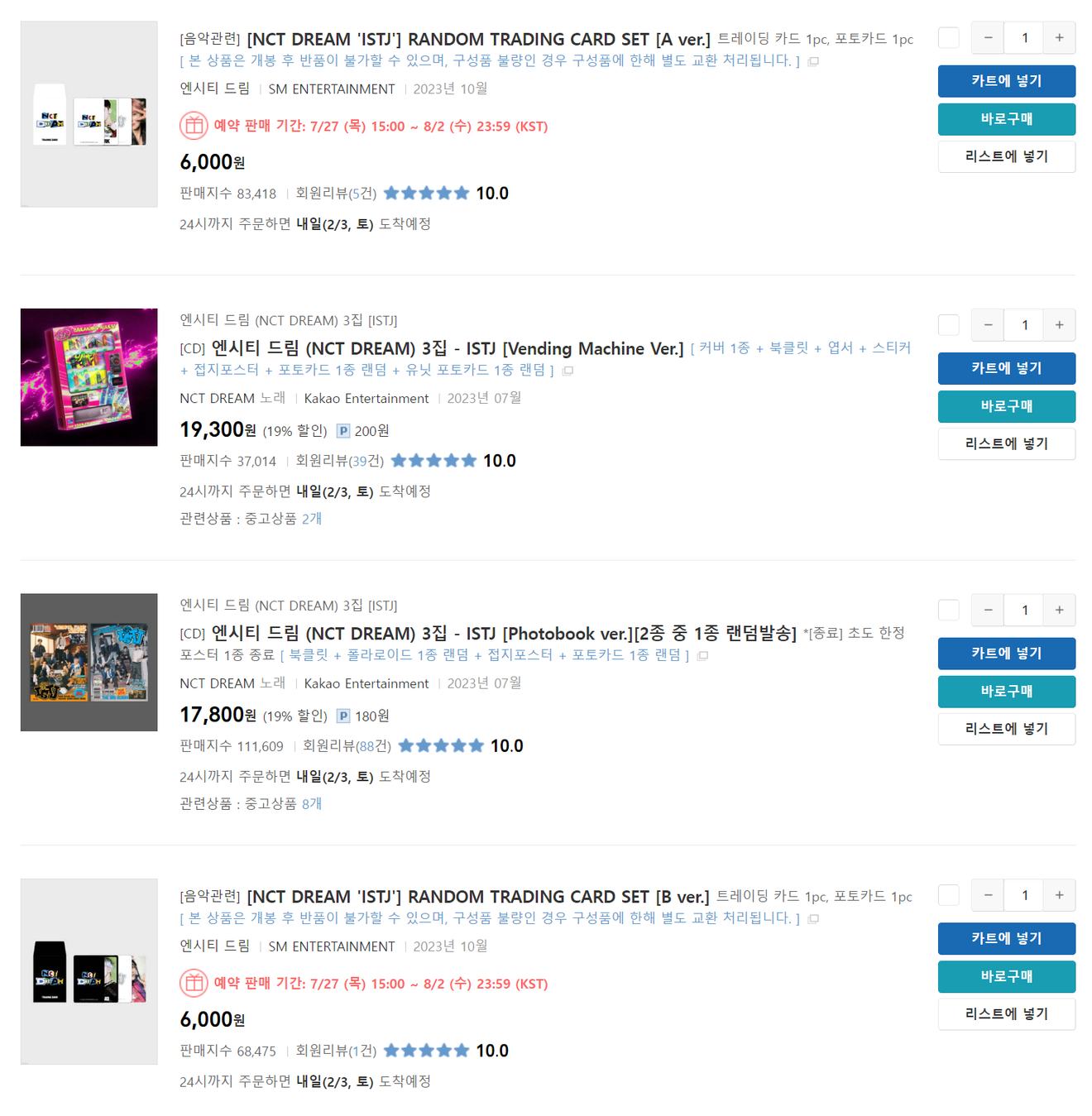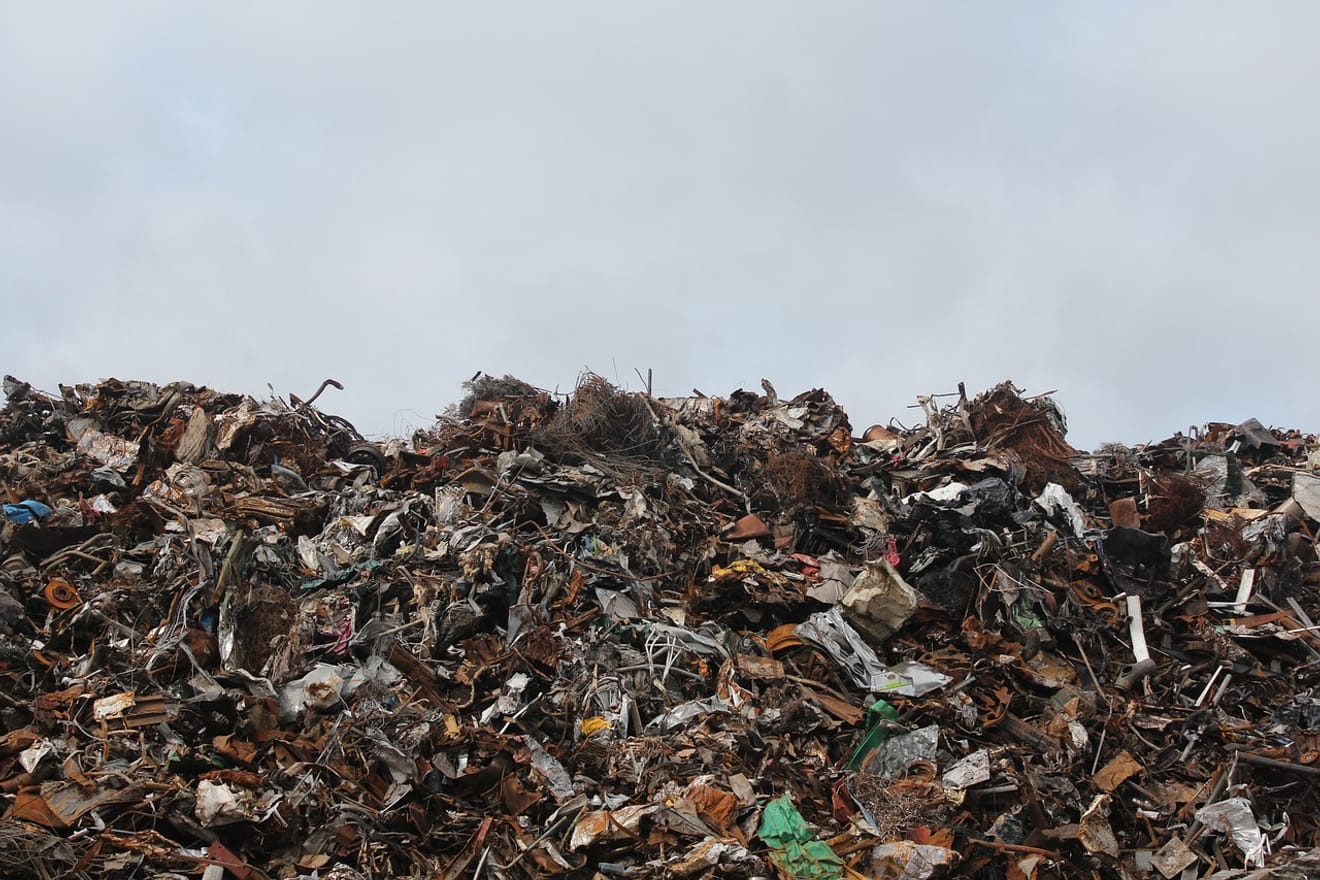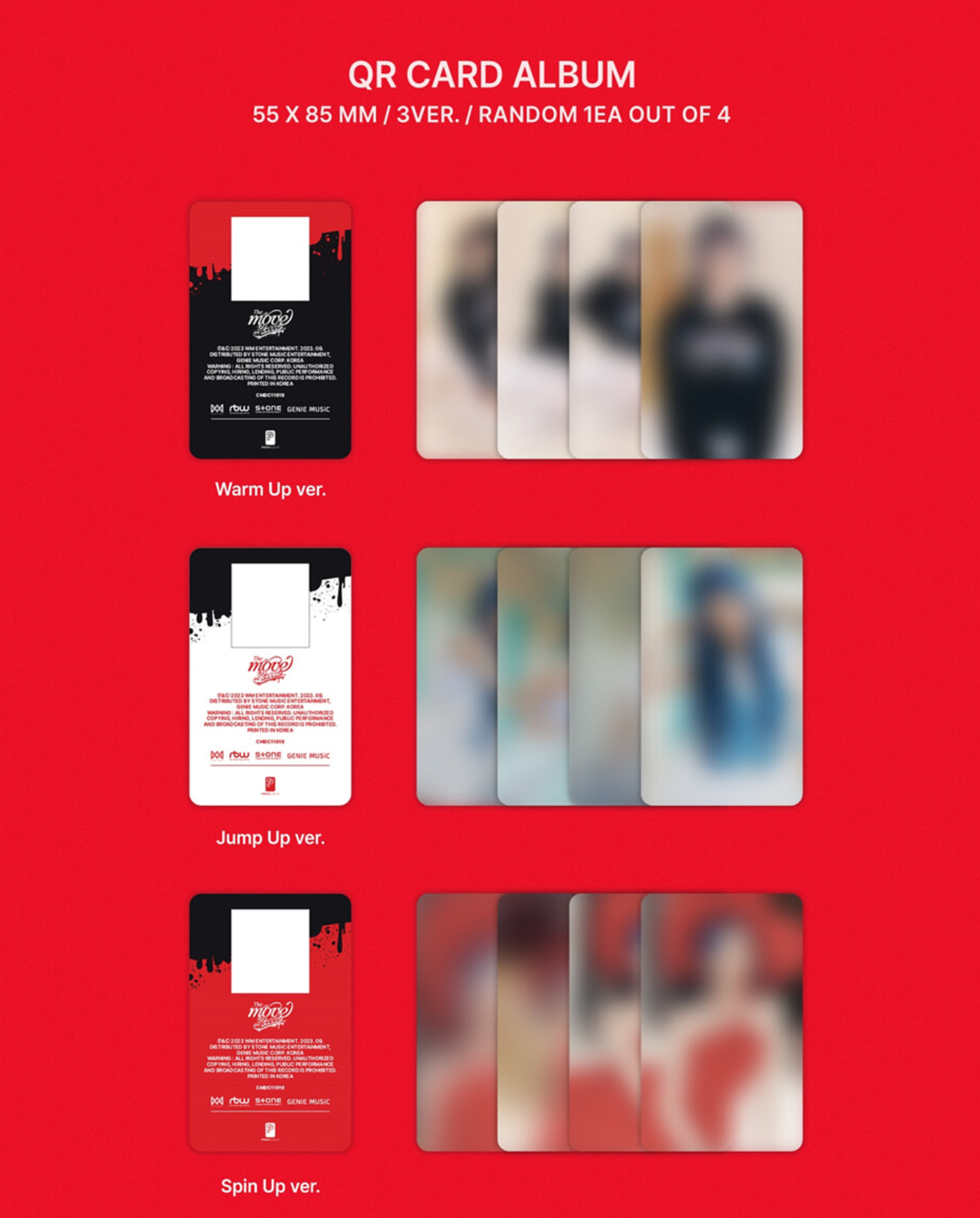Subject
- #Waste Problem
- #Environmental Destruction
- #K-pop
- #Random Goods
- #Photocard
Created: 2024-02-07
Created: 2024-02-07 11:41
BTS, Blackpink, New Jeans... K-pop has long surpassed the boundaries of Korea. K-pop, which enjoys global popularity with Billboard chart topping hits and music videos garnering over 1.7 billion views, has seen its market expand, leading to agencies raking in huge profits.
There are various ways idol agencies make money. They take a cut of the money idols earn from fulfilling their schedules, host concerts and overseas tours to generate ticket sales, and collect membership fees by recruiting fan club members. And in this context, album sales revenue cannot be overlooked.
Nowadays, hardly anyone listens to music on CDs because they can stream it on YouTube and various music platforms. However, singers always release physical albums when they release a new album. Naturally, producing physical albums incurs significant costs. So, agencies need to convince consumers who don't even listen to CDs to purchase them. How do they do it?

pixabay
Physical albums are no longer primarily for listening purposes. They have long been recognized as a form of idol merchandise. Idol physical albums don't just contain CDs. They include photocards, posters, postcards, bookmarks, and other items featuring photos of your favorite idol that are unique to that particular album. Since these official goods are only available during the album's release period, K-pop fans almost always purchase physical albums.
In fact, this kind of physical album composition is one of the agency's marketing strategies. To encourage album consumption, they need to create a well-rounded package that attracts both core fans and casual consumers to make purchases. However, the issue lies in the fact that this marketing tactic has gone too far.
Problem 1: Random Goods

PLEDIS Entertainment
Photocards included in idol albums typically come with only one per album. When you purchase an album, you only receive one out of 3-4 random photocards. Because of this, many people buy multiple albums to collect all the photocards. Solo artists or groups with a smaller number of members are relatively better off. However, with an increasing number of members, some fans reportedly buy dozens of albums to collect photocards of their favorite member, or 'bias.' A few years ago, a certain idol group with over 10 members had over 200 types of photocards, which sparked controversy.
Problem 2: Multiple Album Versions

YES24 webpage capture
While it would be great if only the included goods were random and the album composition remained the same, albums are now being released in various versions. From a simplified version with only the CD to a large-capacity version exceeding A4 size, the album versions have diversified, making it even harder for fans to collect goods. With the number of versions increasing from the original 2 or so to a minimum of 4 nowadays, fans' wallets are inevitably getting thinner.
Problem 3: Fan Sign Event Entry Method

Searched 'album-buying' on YouTube
The third problem might be the most severe. The right to enter a fan sign event is granted as a reward for purchasing albums, so buying dozens of albums has become almost mandatory for those who want to meet their favorite idols in person. The more albums you buy, the higher your chances of winning the lottery for the event. Moreover, nowadays, not only in-person fan sign events but also online ones are considered essential. The 'video call fan sign' (영통팬싸), an event where you can video call with the artist for about 1-2 minutes, was introduced as an alternative to in-person events during the pandemic, and it has been added to the list of events along with in-person fan sign events and showcases, each requiring separate entries. To see your 'bias' in any way, you have to enter every single event. The entry sites for each event are different, so you need to purchase albums separately on different sites if you want to participate in all of them. And it's not even guaranteed that you'll win.
This practice of buying multiple albums is called 'album-kanging' (앨범깡), and if you search for it on YouTube, you'll find hundreds of videos related to it.
It's natural for companies to pursue profits, and it's an individual's freedom to spend as much as they can afford. So, why is this phenomenon problematic? It's because it has a negative impact on the 'environment'.

pixabay
Albums are made of plastic, coated paper, and packaging film, causing serious environmental problems. Albums purchased in bulk to win fan sign events or get desired photocards become nothing more than trash once their purpose is fulfilled. In fact, the environmental organization 'K-pop For Planet,' comprised of K-pop fans, collected nearly 10,000 albums from fans who wanted to donate their unwanted albums.

Stone Music Entertainment
Amidst the growing concern over environmental issues, the controversy over K-pop's environmental pollution has intensified, leading some agencies to introduce eco-friendly albums. If the main purpose of buying an album is to get a photocard, they created a 'photocard album' that only contains photocards. You can listen to the song by scanning the QR code on the back of the photocard. However, some agencies have faced greenwashing accusations for releasing eco-friendly albums after releasing regular albums.
As many companies are embracing ESG management, it's time for K-pop entertainment to consider environmental concerns as well. To eliminate the 'album-kanging' culture, which burdens fans financially and negatively impacts the global environment, agencies need to take the lead.
Comments0